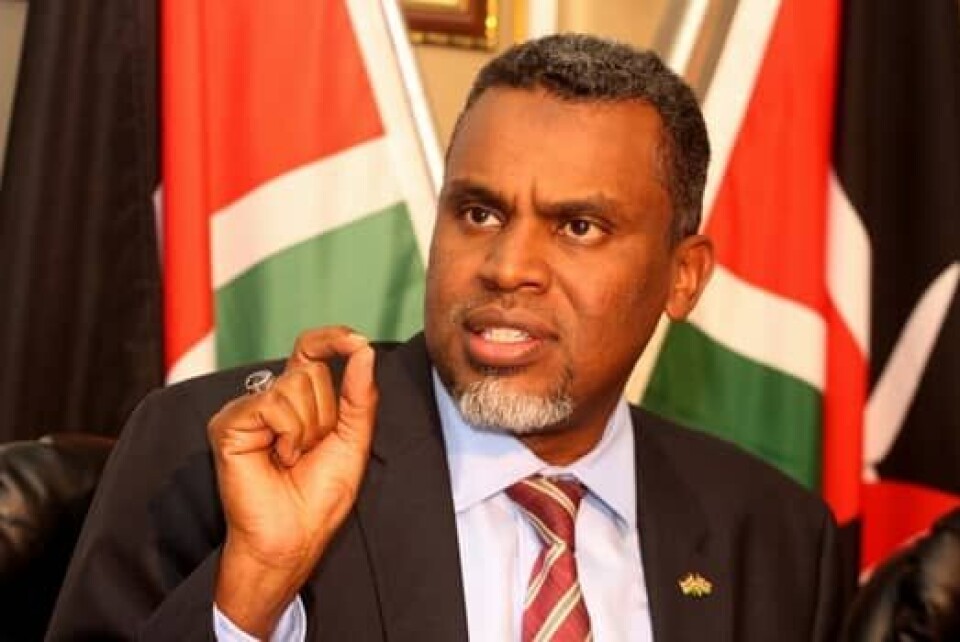Copyright : Re-publication of this article is authorised only in the following circumstances; the writer and Africa Legal are both recognised as the author and the website address www.africa-legal.com and original article link are back linked. Re-publication without both must be preauthorised by contacting editor@africa-legal.com
Legal Tools to Safeguard Kenya’s Elections

The judicial arm of government in Kenya has taken steps to improve the integrity of the 9 August elections by setting up new legal instruments, writes Alfred Olufemi.
On 9 August Kenya’s electorate will vote for the nation’s president, members of the National Assembly and Senate, county governors and members of the 47 county assemblies. The Director of Public Prosecutions, Noordin Haji, has now set up a justice and hate speech division to deal with cases of electoral violence.
This division includes 200 special prosecutors to give attention to cases of incitement and inflammatory speech. In conjunction with Chief Justice Martha Koome, Haji announced that 129 court stations have been gazetted to give special attention to cases of incitement, inflammatory speech and violence related to the polls.
This was revealed after a meeting convened by the Independent Electoral and Boundaries Commission (IEBC) to launch the electoral security arrangement programme developed by the commission and partner agencies. Haji said his office takes the issue of electoral justice seriously and is determined to ensure offenders pay for their crimes at the special courts.
This development comes after the judiciary announced plans to set up five special courts in the hotspot areas of Nairobi, Mombasa, Nakuru, Eldoret and Nakuru to address hate speech cases in the build-up to the election.
"Having a peaceful election free of chaos and violence is a responsibility of all of us. Political leaders must ensure they obey the law and avoid speeches that may lead to the instability of our country. They should maintain peace and ensure their supporters do the same," Justice Koome said.
The National Cohesion and Integration Commission commissioner, Abdulaziz Ali Farah, stated that incidents of violence in campaigns were rampant because "agencies tasked with doing their job are not working". "We would not be seated here if the agencies involved did their job well," he said.
Calls to set up special courts for electoral matters are gaining momentum in Africa. In 2019 the Body of Senior Advocates of Nigeria called for the establishment of special courts to hear electoral matters, in a bid to reduce the workload on the existing courts.
Adegboyega Awomolo, a Senior Advocate of Nigeria, said these courts would effectively handle pre- and post-election cases so that other courts could adjudicate in other civil and criminal cases. He expressed regret over the earlier proposal for the courts “that was struck down due to lack of foresight”.
South Africa has a well-established Electoral Court that oversees the Electoral Commission and the conduct of elections. It was established in 1996 to replace a Special Electoral Court which oversaw the 1994 elections, and has status similar to that of a division of the High Court.
Earlier this year 18 High Court judges were appointed to constitute Zimbabwe's Electoral Court that will operate from 1 March to 30 August this year in terms of the Electoral Act. That court will have jurisdiction to hear appeals, applications and petitions in terms of the Electoral Act, review any decision of the Zimbabwe Electoral Commission or anyone else made under the Act, and have power to give judgments, orders and directions in those matters as might be given by the High Court.
To join Africa Legal's mailing list please click here
